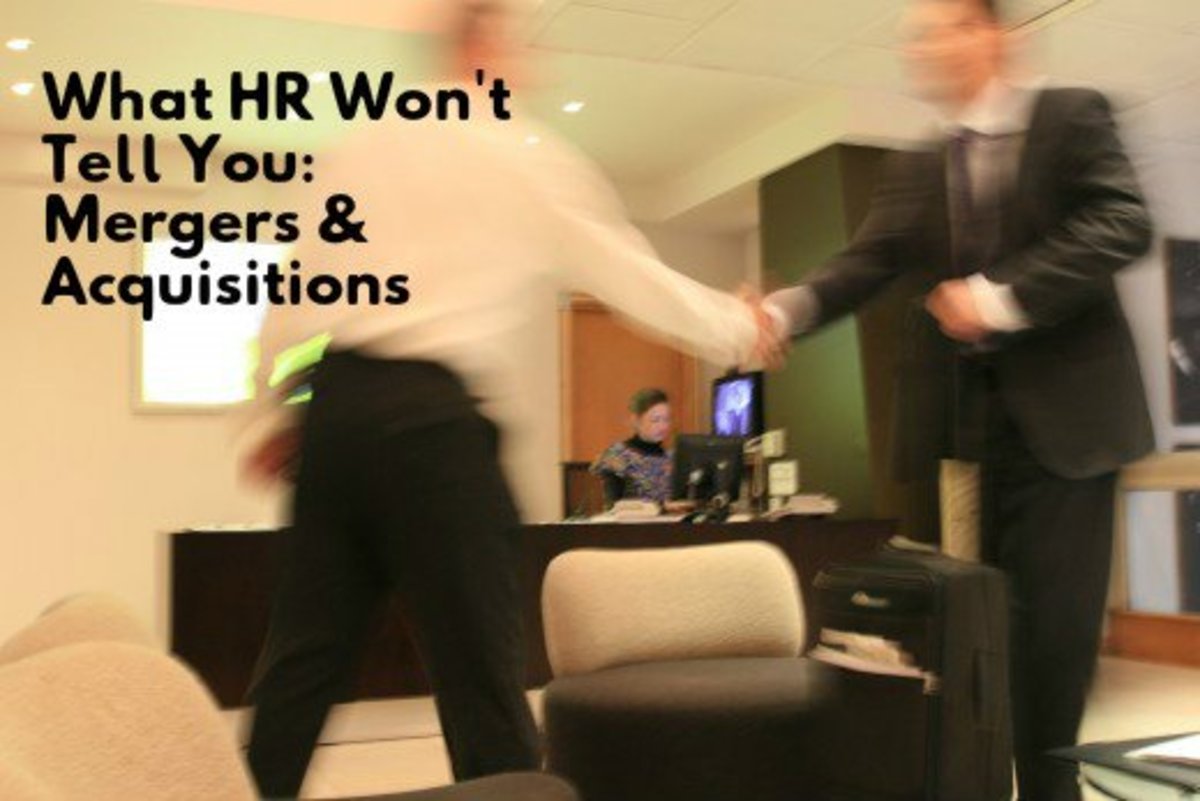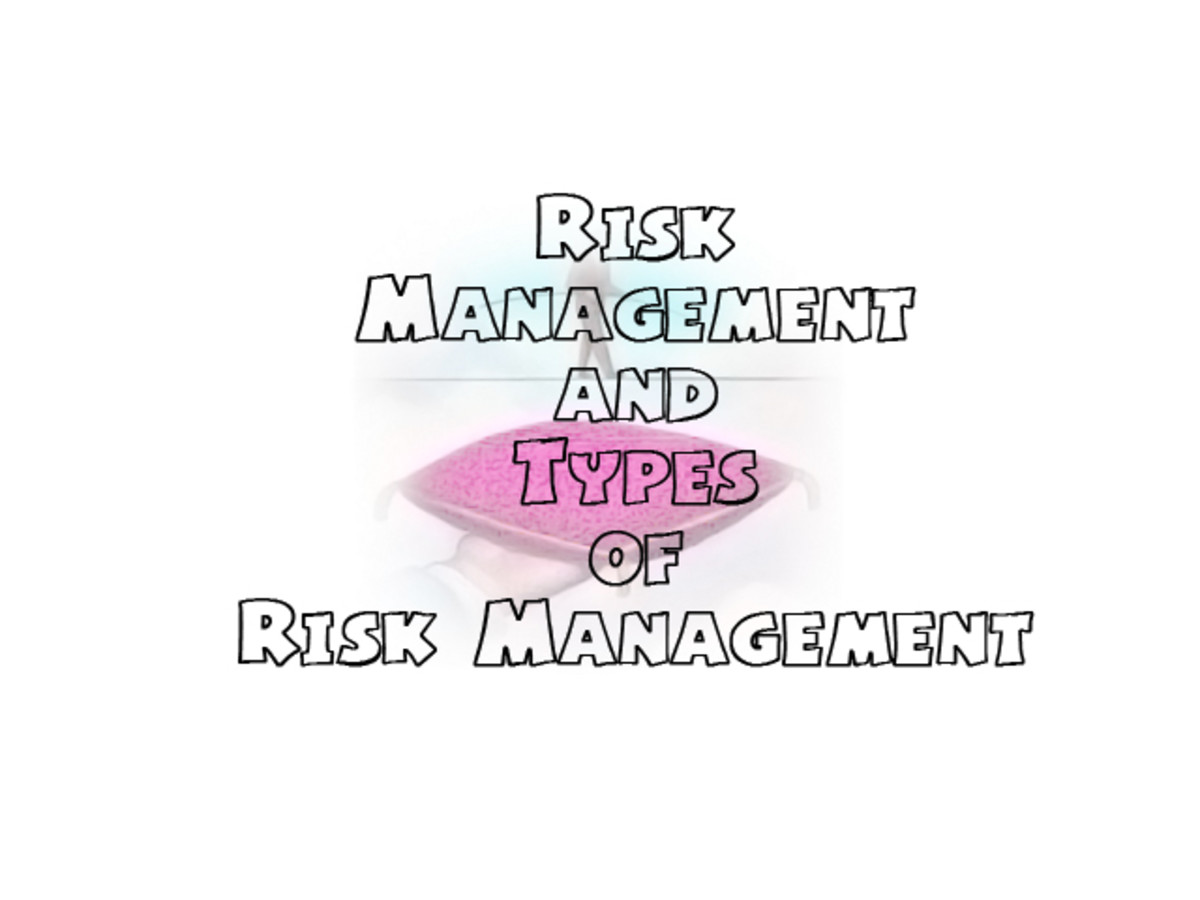Dead Peasant, Are You One?


Are you a dead peasant? If you are like me you probably had not heard of such a thing and wondered what it was and if it applied to me. First the definition of a dead peasant is a life insurance policy that the company you work for takes out on you with or without you knowing about it. These policies can and often do remain in effect even after you have quit or been fired from a job and these companies are the ones who will profit from your death, leaving your family out in the cold. In some cases the family will never even know about the policy.

Many will think their employer would never do such a thing, but surprise, some of the biggest companies and corporations are doing it such as Wal-mart, Hershey, and even Disney. These policies began innocently enough as a way for large corporations to cover themselves and their top executives if by chance something should happen to them. Many companies can and do suffer when one of their "higher ups" either has a serious accident or dies. But eventually along the way someone figured out that “hey we can cover all employees and make a killing,” and they do.
A good example of the dead peasant policy is from a few years ago when a woman accidently received a check after her husband passed away it, was for 1.5 million dollars, but it wasn’t made out to her, it was made out to her deceased husband’s old employer. This woman began to check into this situation and decided to sue once she learned that the company was to profit handsomely for her husband’s death. She sued for the face value of the policy minus the premiums the company had paid and ended up with 3.5 million for herself and her young children. The most disturbing thing to those of us who may have had a myriad of jobs is that this woman’s husband was fired from this job 7 years before his death and the company still had this policy.

Many companies have come back with the response that the dead peasant policies are a way for a company to offset the high cost of health insurance for their employees, but why would they pay health insurance for people that no longer work for the company? More than likely the dead peasant policies are used as an effective way to evade some forms of tax, there is no tax on the policy premiums and there are no taxes that have to be paid for a death benefit or the payout on a life insurance policy. So would it be fair to say that a company reaps the rewards from their current or past employee’s deaths?
Another example is Wal-mart, Wal-mart has been sued several times after their checks were accidently mailed to the families of deceased employees. There were two in particular that caught my attention, one employee worked in receiving and the other worked in the automotive department, when both these men passed away their families received nothing, but Wal-mart received a check for $64,000 for each man. Do you think it is right that your past or current employer should profit from your death while your family would receive nothing?
Do you think your employer would ever do this?
More topics....
- Crazy Laws from Pennsylvania and Maryland
We have all heard about the crazy laws that are still on the books in many states, and here are a few from Pa and Md to give you a giggle. - Fort Chaffee, A haunted destination?
- Best South American Countries to Spend Your Retirement
Hopefully we are all going to retire eventually and wouldn't it be nice to have a destination in mind.









